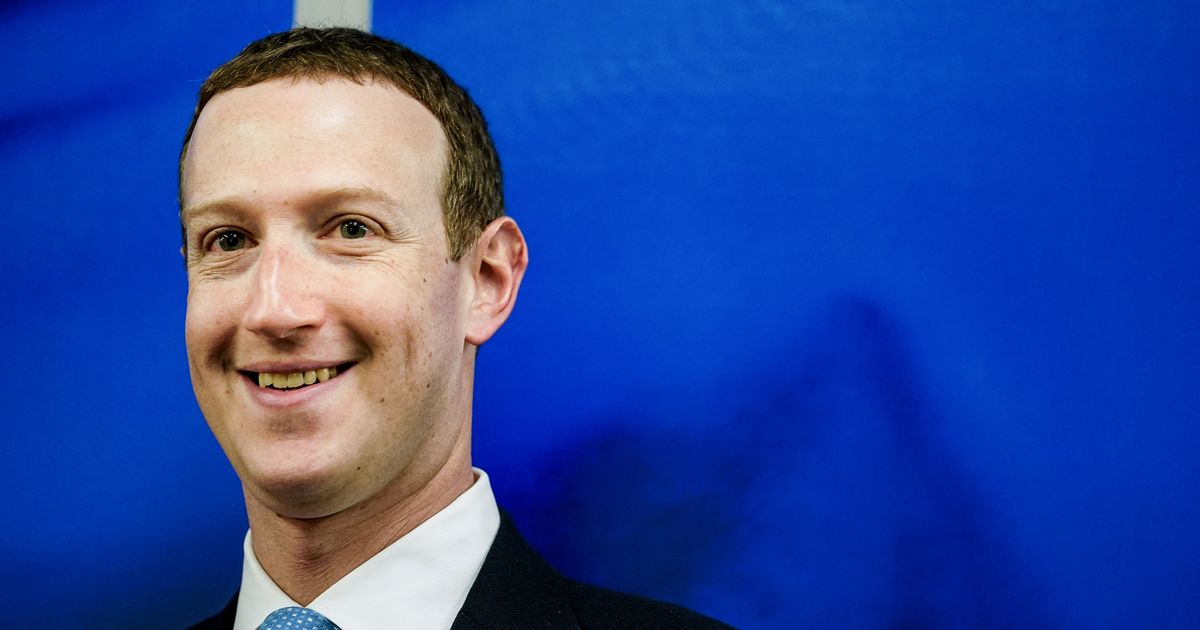
Boycott, schmoycott.
Despite over 1,000 major advertisers participating in a July advertising boycott over the way Facebook handles hateful content, the company said in its Q2 2020 earnings report that its advertising business is doing fine and dandy.
Last quarter, Facebook made $18.3 billion in advertising revenue, which blew past investor expectations. While the company didn’t give numbers for July (when the boycott began), it said its ad revenue growth rate for the first three weeks of July tracked with the rest of its 2020 year-over-year ad revenue growth rate of 10%. Meaning, despite companies from Ben & Jerry’s to Unilever pulling their advertising dollars, things are basically the same for Facebook’s bottom line, and Facebook expects it to stay that way.
“We expect our full quarter year-over-year ad revenue growth rate for the third quarter of 2020 will be roughly similar to this July performance,” Facebook said in a statement
The supposed reason why Facebook said it is doing so well? Small businesses.
“Some also seem to wrongly assume that our business is dependent on a few large advertisers,” Mark Zuckerberg said Thursday on a call with investors. “The biggest part of our business is serving small businesses.”
The idea that Facebook is in a symbiotic relationship with small businesses is one Zuckerberg, COO Sheryl Sandberg, and CFO David Wehner hammered home again and again while speaking with investors. Zuckerberg also made the same argument when he addressed Congress in a hearing on anti-trust Wednesday, just one day before the investor call.
The way Facebook tells it, Facebook exists to serve the mom and pop shops of America as they digitize operations, and they rely on Facebook as a “lifeline” to reach new customers, made more urgent by the pandemic. It’s an incredibly compelling way for Facebook to position itself as “market forces” close in.
For investors, it says, don’t worry about that little old ad boycott, we’re fine.
For regulators – say, those members of congress who grilled Mark Zuckerberg on the company’s supposed anti-competitive practices – it says, do you really want to hurt us? Hurt us, and you hurt everyone’s favorite cause to support, small businesses! That message is also meant for state level regulators and other businesses (like Apple) whose policy changes might impact Facebook’s targeted advertising.
“Our view is that Facebook and targeted ads are a lifeline for small businesses, especially in the time of Covid, and we are concerned that aggressive platform policies will cut at that lifeline at a time when it is so essential to small business growth and recovery,” Wehner said.
Or, as Zuckerberg somewhat threateningly put it: “This would reduce opportunities for small businesses so much that it would probably be felt at a macro-economic level. Is that really what policymakers want in the middle of a pandemic and recession?”
Facebook has 9 million advertisers, but does not specify what percentage of those advertisers are small businesses, or what percentage of its revenue comes from small businesses. It says the majority of its advertisers are small and medium sized businesses (SMBs). It makes sense that there are more small advertisers than there are big fish on Facebook.
However, the relationship advertisers have with Facebook is not as hunky dory as the company’s execs describe. Facebook has made a number of changes to its algorithm over the past five years, with some changes favoring organic posts from friends and family over content from brands. Each time, those changes left advertisers panicking as their dollars couldn’t go as far as they used to.
Like the rest of the world, advertisers have little insight into how Facebook’s algorithm actually works, which means their marketing strategies depend on the whims of one company over which they have no control and little understanding. And, as Facebook points out about it being such a great way to reach social media users, there are not many other places for advertisers to take their business elsewhere. Other than, ya know, another opaque tech giant like Google. Facebook, Google, and Amazon collectively net 70 percent of all money spent on advertising.
Hmm, now if only there was a way for the government to fix that.
